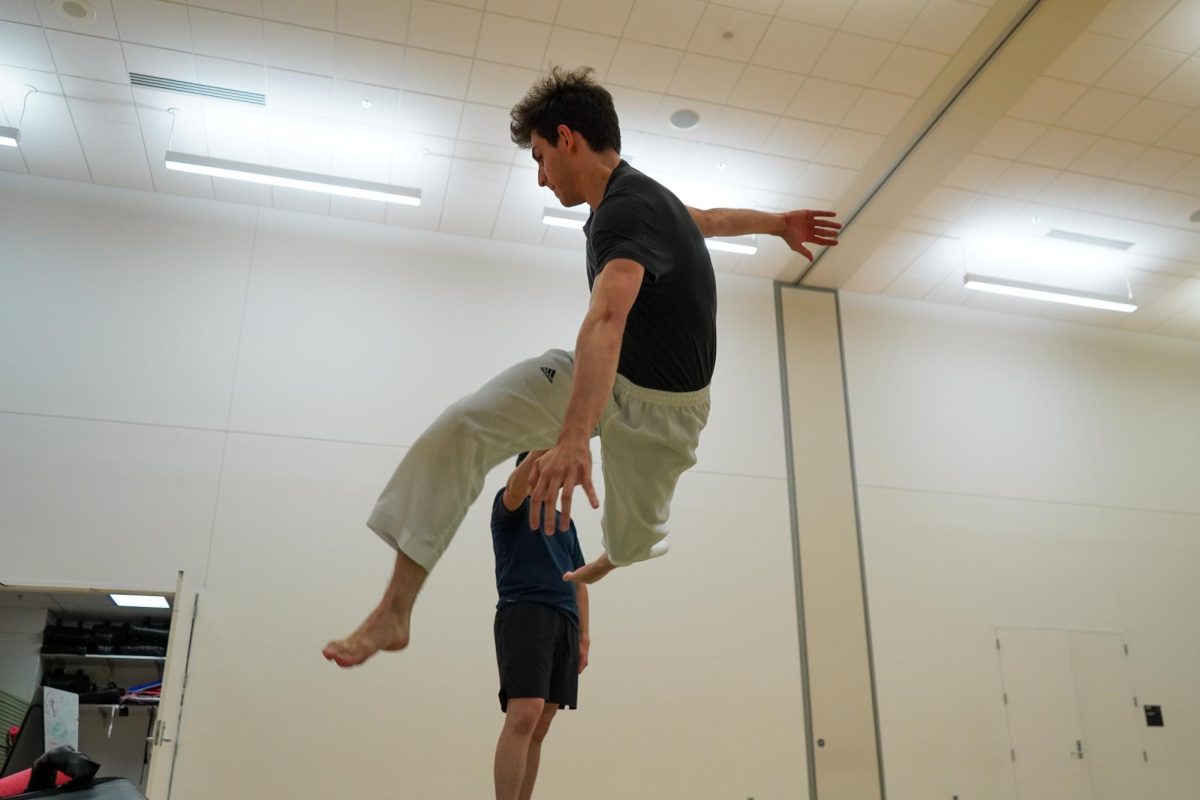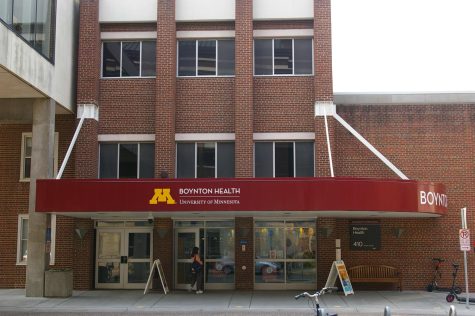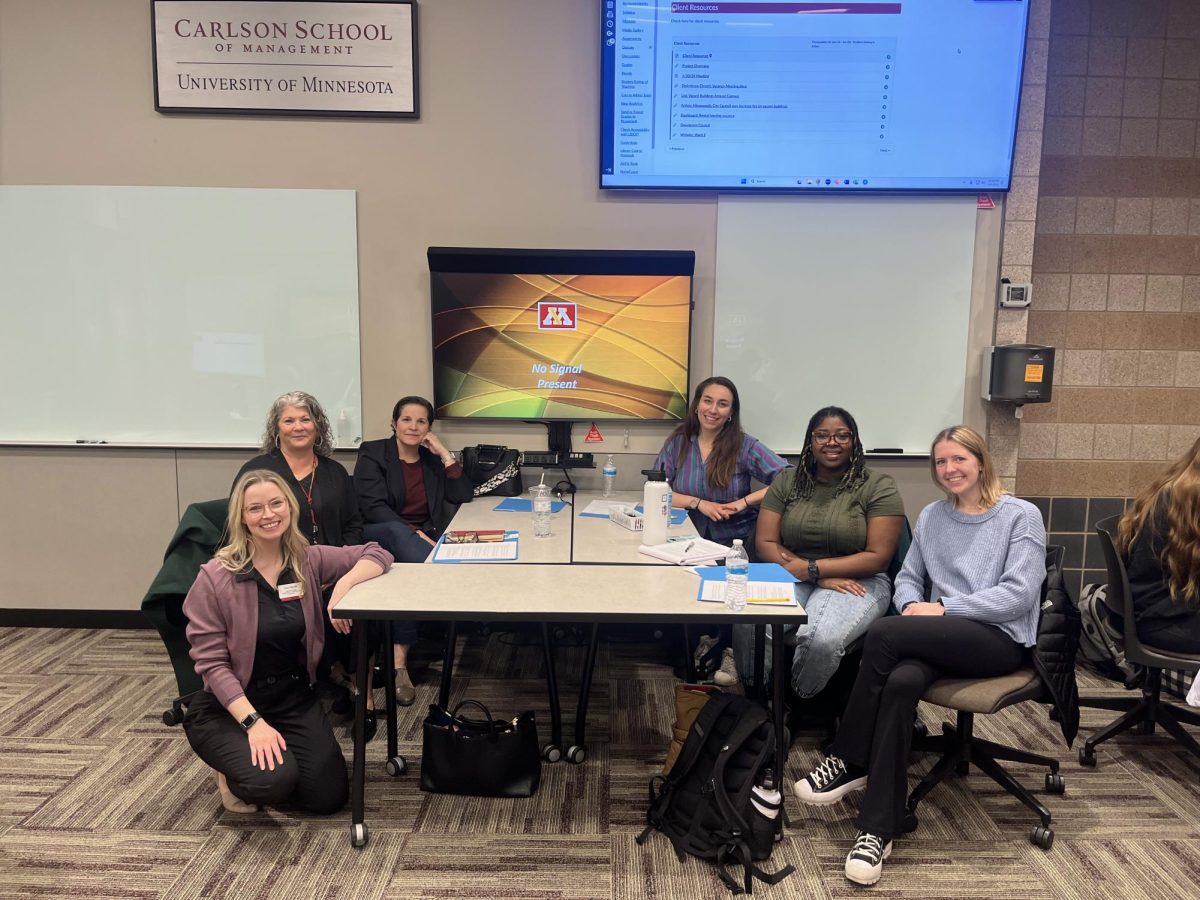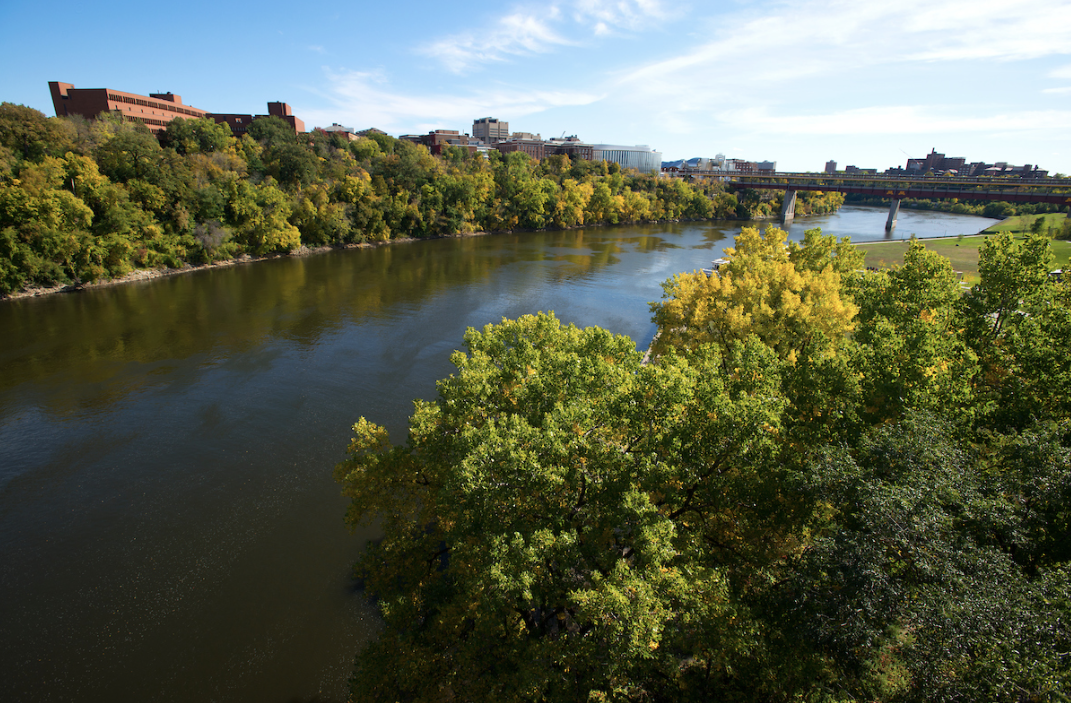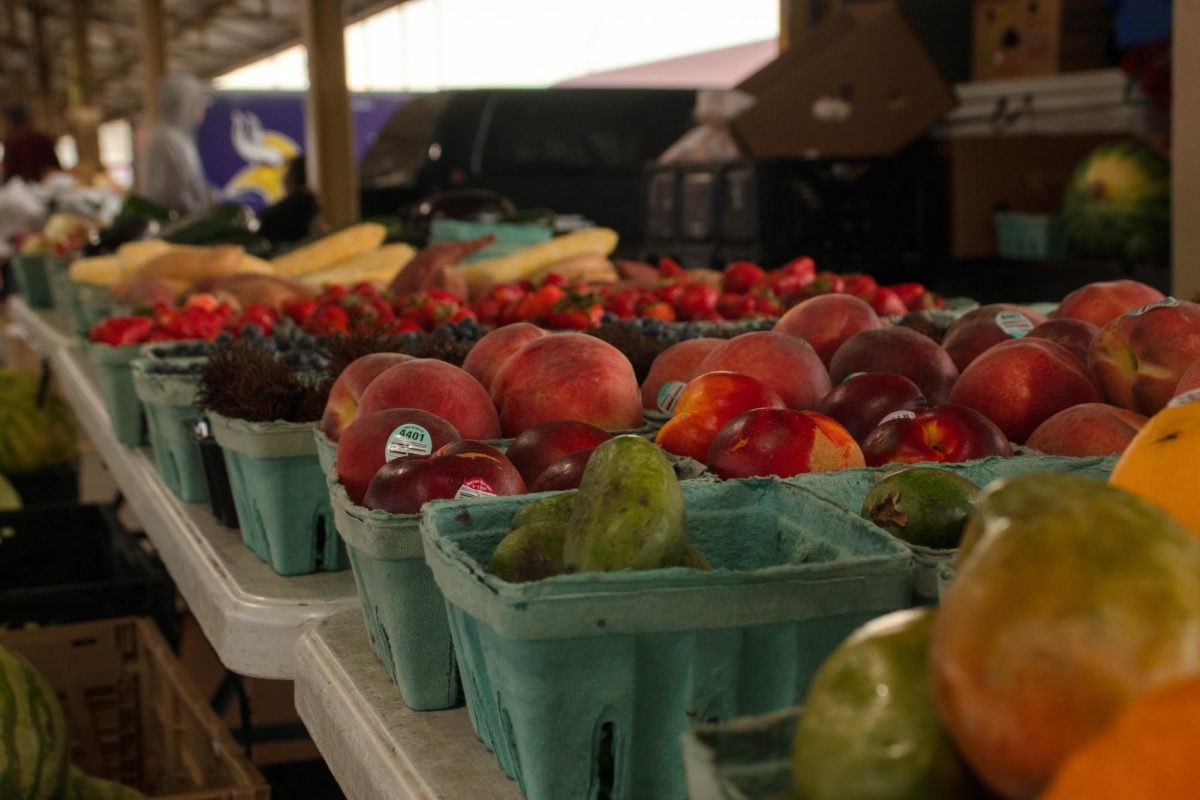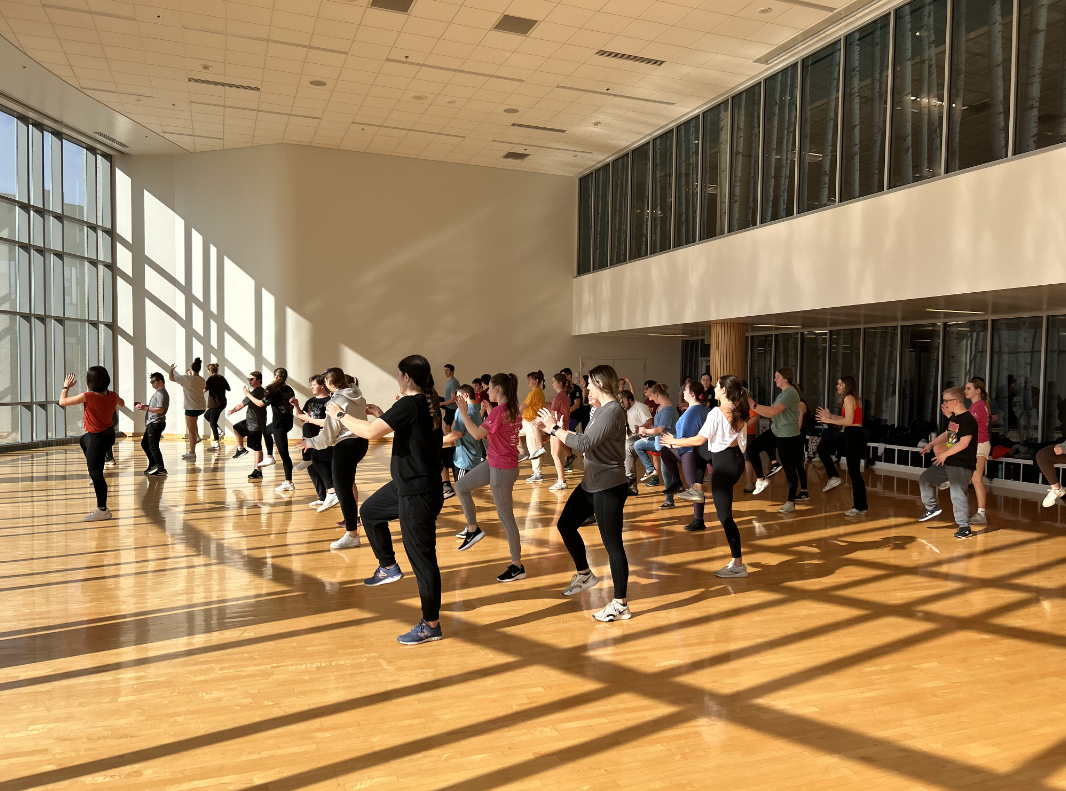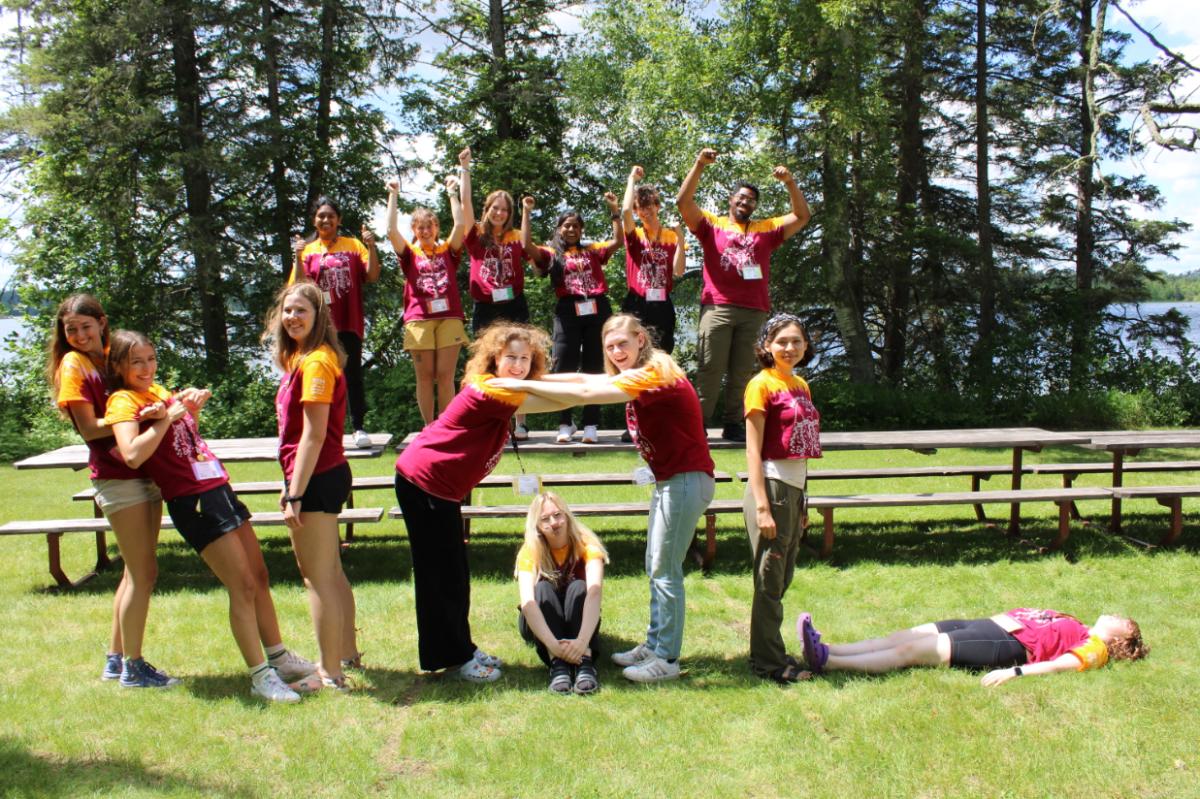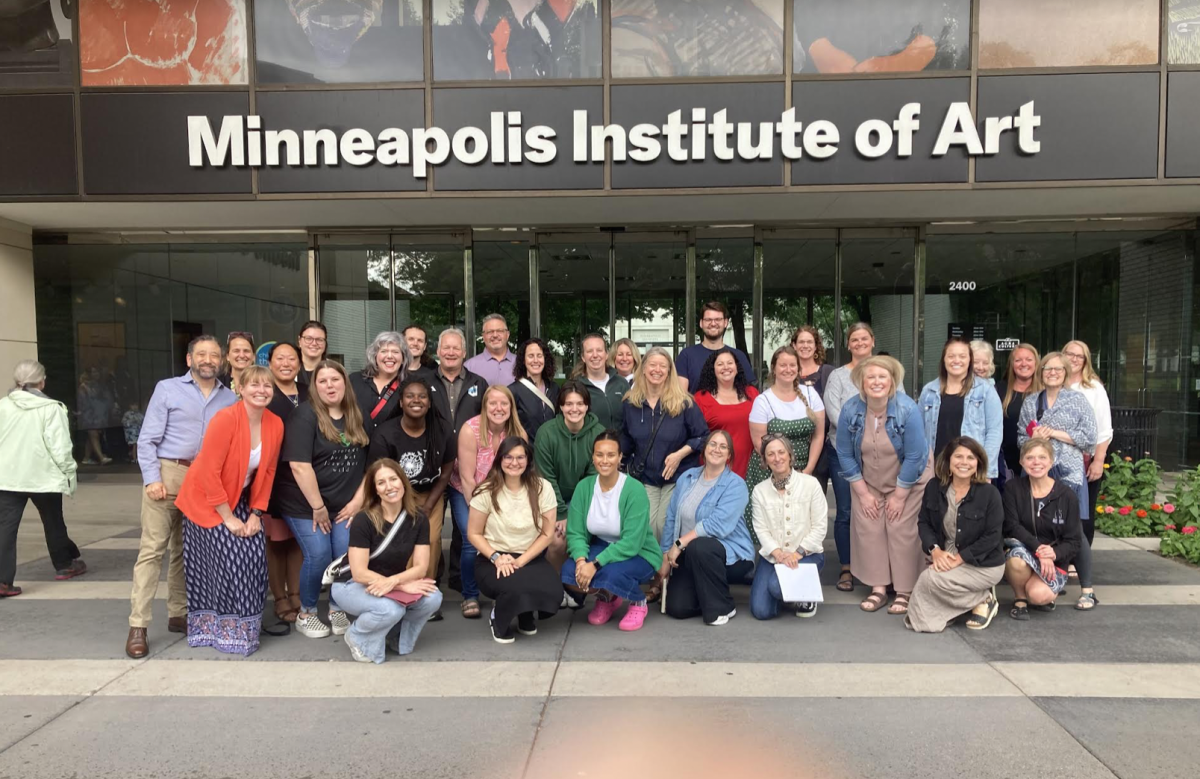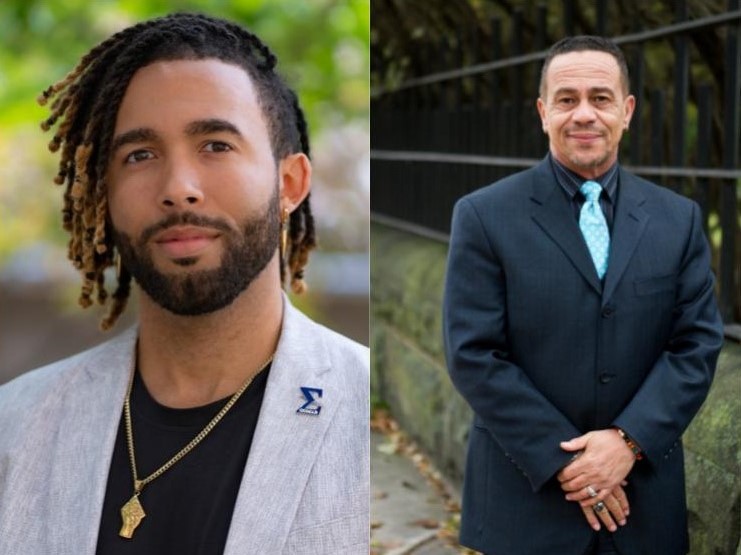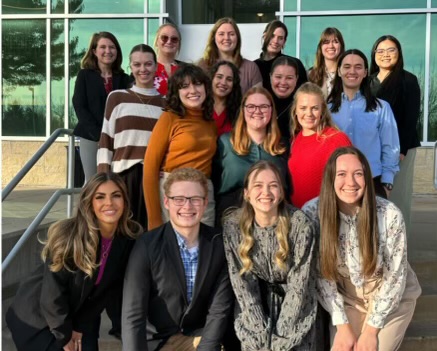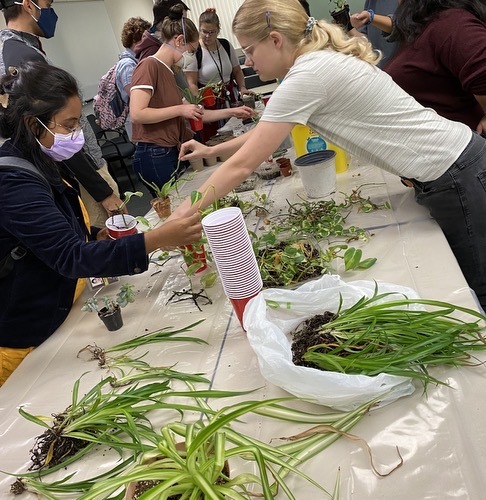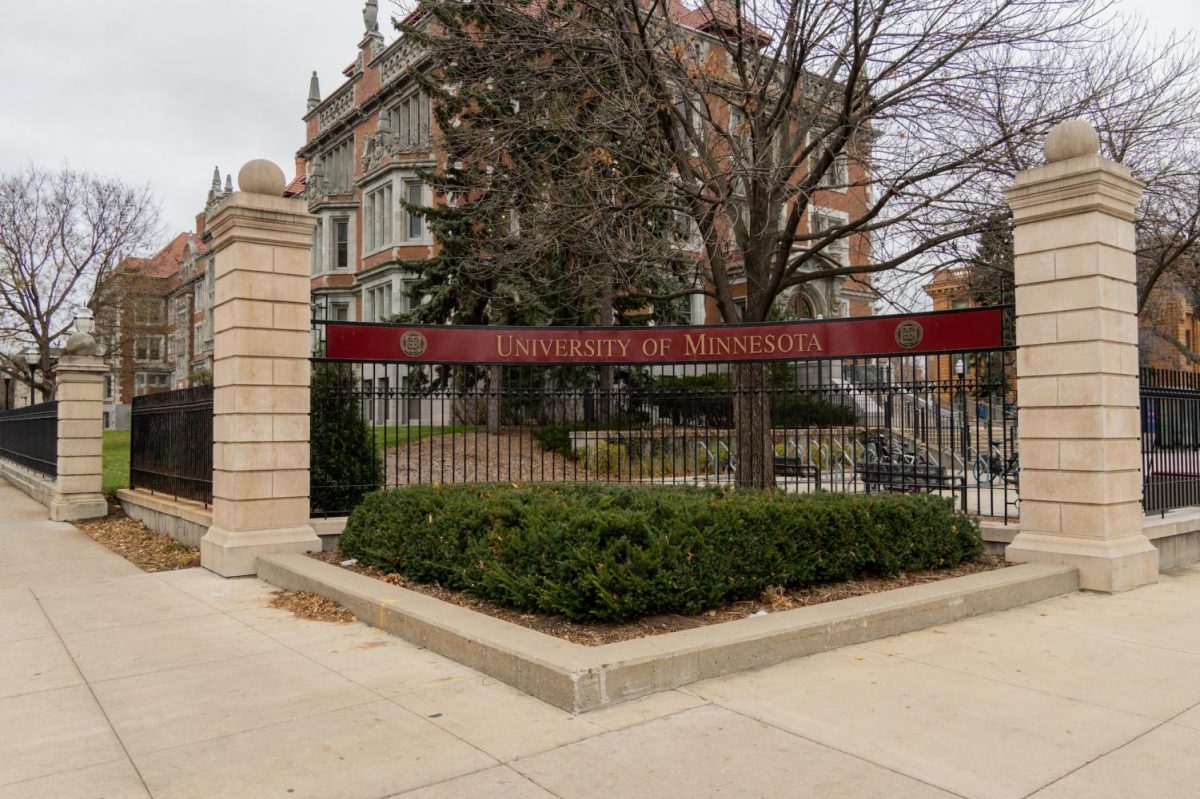As the semester draws to a close, Undergraduate Student Government (USG) President Shashank Murali and Vice President Sara Davis sat down with the Minnesota Daily to discuss their work in the past months.
Fourth-year Murali and third-year Davis, reflected on the semester’s accomplishments and shortcomings while looking toward future plans.
Minnesota Daily: What were your primary goals for USG this semester? How do you feel you’ve made progress on those goals?
Shashank Murali: “As soon as we were elected, figuring out what our thing for the year would be was such a challenge. It felt like we were sort of drifting on the legacy of the Universal Transit Pass and the Fight for 15 campaign and just so many amazing things that happened a couple of years before. At that time, President [Joan] Gabel had resigned. So we understood right away that our big thing was ensuring that the University got a student-focused president in the role, and that’s where our initial advocacy started at the beginning of the year with the Presidential Search Committee letter.”
Sara Davis: “I really felt like we had a good win on the Presidential Search Committee letter because, looking back at the system collaboration that we were able to do, everybody was really cool. Our collaboration with the system campuses and even between USG, the Council of Graduate Students and the Professional Student Government happened in a way that it really hasn’t before.”
Murali: “I think it’s definitely a beautiful moment when you have students across the University of Minnesota system come together for one advocacy initiative. It shows how much students really care about this one very important thing, and I think that’s definitely something to acknowledge. Once that settled down, our main objectives for the year were to tackle food insecurity and work on increasing the student government budget so we have the capacity to do more advocacy than we already do. We’ve made some considerable progress in regards to that. We’ve already selected our co-chairs for both the Food Insecurity Ad-Hoc committee and also the Student Services Fees (SSF) Ad-Hoc committee. SSF in this regard is in reference to the USG budget. Those are in the process of getting approved by our executive board. We’re also hoping to get a couple of referendum questions put onto the all campus elections ballot in March. The SSF committee is tasked with figuring out exactly what those referendum questions will be. We’ve crossed that first threshold that is required, and now things are gonna get a lot more complicated and a lot more intensive as we get that work started.”
Daily: Is there anything you feel you could have improved upon?
Davis: “Bylaws. It’s just one of those things that, because it’s so difficult to do, the second you do it, there’s a sticking point. And so I’m proud of the tenacity we’ve had. We keep bringing this up and we keep having these questions and those conversations, but it’s a lot of repetition every time there’s something new because as you’re reforming it, everybody’s getting their changes in. I’m glad that everybody’s gotten their voices out about that, and that people are feeling their concerns are heard in the bylaws, but I think we wanted to have those a little bit earlier because some of the changes that we were planning on making for this semester were connected to some bylaw changes. We figured we’d give ourselves a couple of months’ window and won’t set those changes right away. We’ll really work on it next semester. Because in case something goes wrong, we’ll still have that wiggle room.”
Murali: “One very comforting thing to know is that there are enough people out there that care to want to delay this longer so we can get it right. So it’s not always a negative but also a positive in a way that people are getting involved and they want to make sure that these bylaws affect the organization positively for the years to come. We’ve had our ups and downs this year, as any organization or any issue administration has. But one thing I think we’ve really been able to do with the help of our amazing chief of staff team is to be able to navigate all of those challenges successfully, and to ensure that even though we have these internal challenges sometimes that we’re not neglecting our actual purpose and our external work.”
Daily: What are your main goals for next semester?
Murali: “Spring semester is really when those Ad-Hoc committees dive into the core of their work. That includes all the student outreach, events and advocacy — a lot of internal work in consultation with student groups, with regular constituents and administration, and in some capacities, local, state and federal government when it comes to food security. So there’s a lot of steps and a lot of layers to this, like a cake, and we’re sort of going layer by layer, and that will really start when spring semester hits. Getting those two big referendums [ballot questions] passed is one of our biggest priorities for the year.”
Davis: “Every presidential team that comes before us says fall semester is the setup. So we’re really plugged into a lot of planning and spring semester is when we trust how incredible our staff is. One thing I definitely want to mention is stuff with the Identity [Dinkytown apartment complex]. We wanted to fix some of the damage that we’d seen from that and the housing insecurity that students faced. There’s some cool stuff that has come out of advocacy to the city council. There’s some city ordinances that have gone through committee and are being voted on soon, which would allow students to break their lease if their apartment isn’t fully constructed by that date, which is really exciting. Then we’re working on pushing for similar things at the state level. We’re hearing a lot of good feedback from the state already that they’re really open to that.”
Murali: “One final note in terms of accomplishing things for the spring semester, is obviously the SSF issues with student groups and the processes they go through. We’re hoping to have multiple meetings with leaders of the SSF distribution process. We hope to continuously have that feedback loop where we have a meeting, take feedback back to them, get new concerns, document things, and bring it back again in hopes that this creates a better environment of conversation and dialogue so that these issues don’t happen again in the future.”
Davis: “And we’re still gonna keep an eye on the presidential search.”
This interview has been edited for clarity, grammar and length.











